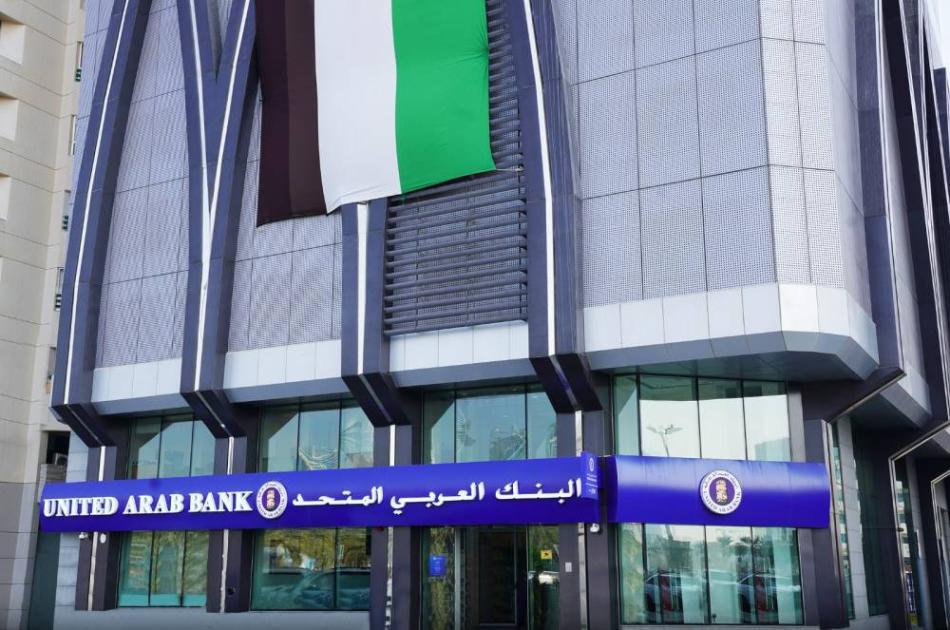- Fri. Apr 26th, 2024
Latest Post
No injuries reported after driver crashes into North Lauderdale business – WSVN 7News | Miami News, Weather, Sports
A driver crashed into a business in North Lauderdale, prompting a swift response by rescue crews. North Lauderdale Fire Rescue arrived at the scene at 943 SW 71st Ave. on…
Dignity Health and Aetna reach agreement on updated contract
Recently, Dignity Health and Aetna have come to a new contract agreement after Dignity Health facilities and providers in California were dropped from Aetna’s health insurance network in early April…
Alarming Increase in Teenage Smoking and Drinking
The World Health Organization (WHO) has expressed concern over the increasing use of alcohol and e-cigarettes among teenagers, describing it as “alarming”. A survey of 280,000 adolescents aged 11, 13,…
Analyzing the impact of TikTok on the United States and social media worldwide
The possible departure of TikTok from the USA has raised questions about the future of social networking. President Joe Biden signed a law giving ByteDance 270 days to find an…
United Arab Bank’s profits surge by 25% in Q1
United Arab Bank announced a net profit of 68 million dirhams in the first quarter, a 25% increase from the previous year. Total income also rose by 33% to reach…
Vanessa’s Last Journey: Terminally Ill Woman Visits Japan
Vanessa, a 32-year-old former competitive swimmer from Soltau, Lower Saxony, has faced more challenges in her young life than most. After surviving lymphatic cancer at 23, she was diagnosed with…
CAA Sports leads the way in NFL Draft first round with record-breaking 12 picks
CAA Sports made a big statement during the NFL Draft by securing 12 picks in the first round, breaking their previous record set in 2018. This marked a shift from…
Step back in time with this business in Hill City
National South Dakota Day on April 26 is a great opportunity to explore local businesses in the area. One business worth checking out is the 1880 Train in Hill City,…
ECU Health solicits input on needs assessment
ECU Health is currently seeking feedback from community members throughout eastern North Carolina on its Community Health Needs Assessment. This feedback is crucial in helping the health system understand the…
Lower Moreland school district seeking multiple positions, including high school science teacher
The Lower Moreland School District is currently seeking individuals to fill various positions for the upcoming school year. These positions include a Science Teacher for the 2024-25 school year, LTS…



:quality(75)/cloudfront-us-east-1.images.arcpublishing.com/elcomercio/3Z35VNBPCBGUHHMEZC3M4NIVTU.jpg)
